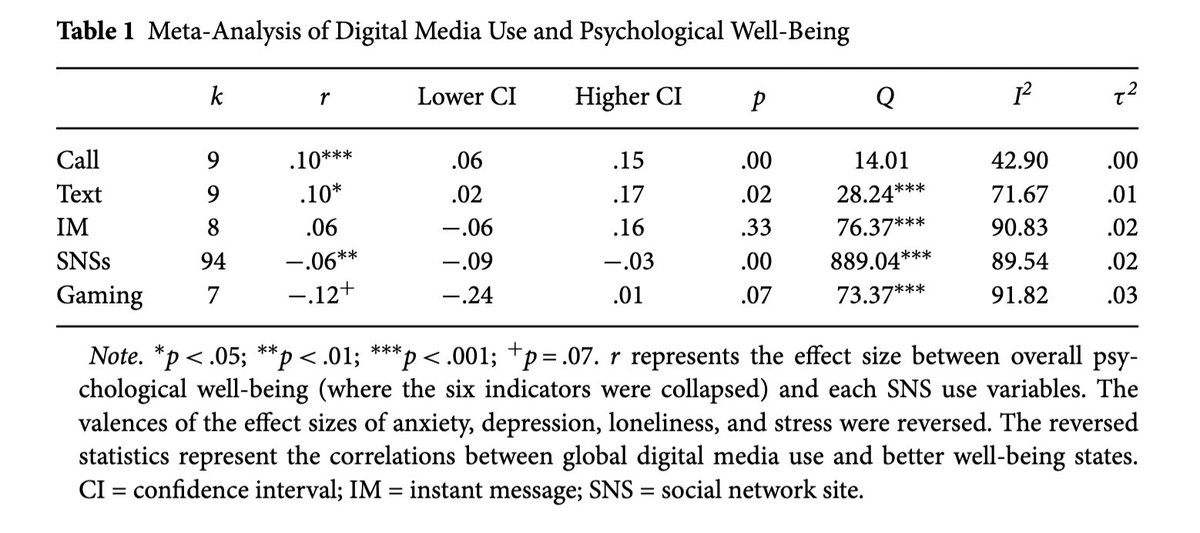
I can't be the only one getting tired of games being the scapegoat for EVERY BAD THING EVER. A thread.
nytimes.com/2021/09/08/par…
nytimes.com/2021/09/08/par…
A NYT article today outlined how a 12 year old was targeted by a hate group online within an online game.
Alt-right recruitment, hate and harassment surely exists *in* games...but it doesn't exist ONLY in games ...which you wouldn't know from this article.
Alt-right recruitment, hate and harassment surely exists *in* games...but it doesn't exist ONLY in games ...which you wouldn't know from this article.
I give you a lighting round of QUOTE/FACT CHECK
"Hate speech and online abuse have been pervasive in digital spaces for many years, but the use of gaming and messaging platforms by extremists and the alt-right to target younger users is increasing as more children play online."
"Hate speech and online abuse have been pervasive in digital spaces for many years, but the use of gaming and messaging platforms by extremists and the alt-right to target younger users is increasing as more children play online."
FACT CHECK: There is currently no evidence to suggest this kind of behavior is MORE prevalent in games than any other place on the internet.
As discussed in this article: wired.com/story/roblox-o…
As discussed in this article: wired.com/story/roblox-o…
“Extremists are moving more and more into gaming spaces and targeting a young audience”
FACT CHECK: There is no evidence to indicate this (nor is any given in this article to support this statement.
FACT CHECK: There is no evidence to indicate this (nor is any given in this article to support this statement.
"In Discord — a popular messaging platform where gamers can chat while playing — extremists have espoused hate and created servers glorifying Nazis."
FACT CHECK: Again, not unique to Discord/games.
FACT CHECK: Again, not unique to Discord/games.
"Hate groups frequently use video games to recruit members, but they have also become a prime space to harass children. “If you are not one of them, you are an enemy, and they enjoy trying to make people miserable”
FACT CHECK: They may use games but frequency is unknown.
FACT CHECK: They may use games but frequency is unknown.
If you want a more balanced discussion, I'd suggest this @WIRED @cecianasta about alt-right recruitment and Roblox. However, the difference is that in this one, the author recognized the limitations of what we know about this behavior in games.
wired.com/story/roblox-o…
wired.com/story/roblox-o…
Yes, bad things happen online including alt-right recruitment. Yes, it can happen in games. But there is no evidence to suggest this happens MORE in games.
(quote from the Wired article)
(quote from the Wired article)

Parents, educators, policy makers DO NOT NEED MORE MORAL PANIC ABOUT GAMES. Frick. Flack. Fruck. Trying not to curse, but it is so frustrating to see.
The NYT article does provide good resources at the bottom about checking content (for example, this suggestion), being aware of who your children are interacting with online, etc. But this is true of ALL media they are consuming online, not just games. 

When will we finally broaden the conversation and talk these kinds of behaviors more generally as an "internet" problem and not unique to games? Games are just one of many places on the internet and do not exist in some sort of vacuum/black box.
No question that it would be valuable to explore the prevalence of this behavior in games, (I've been trying to get that work off the ground for years). However, as it stands today, we do not know the state of it, making broad claims like this only adds more to moral panic.
• • •
Missing some Tweet in this thread? You can try to
force a refresh





